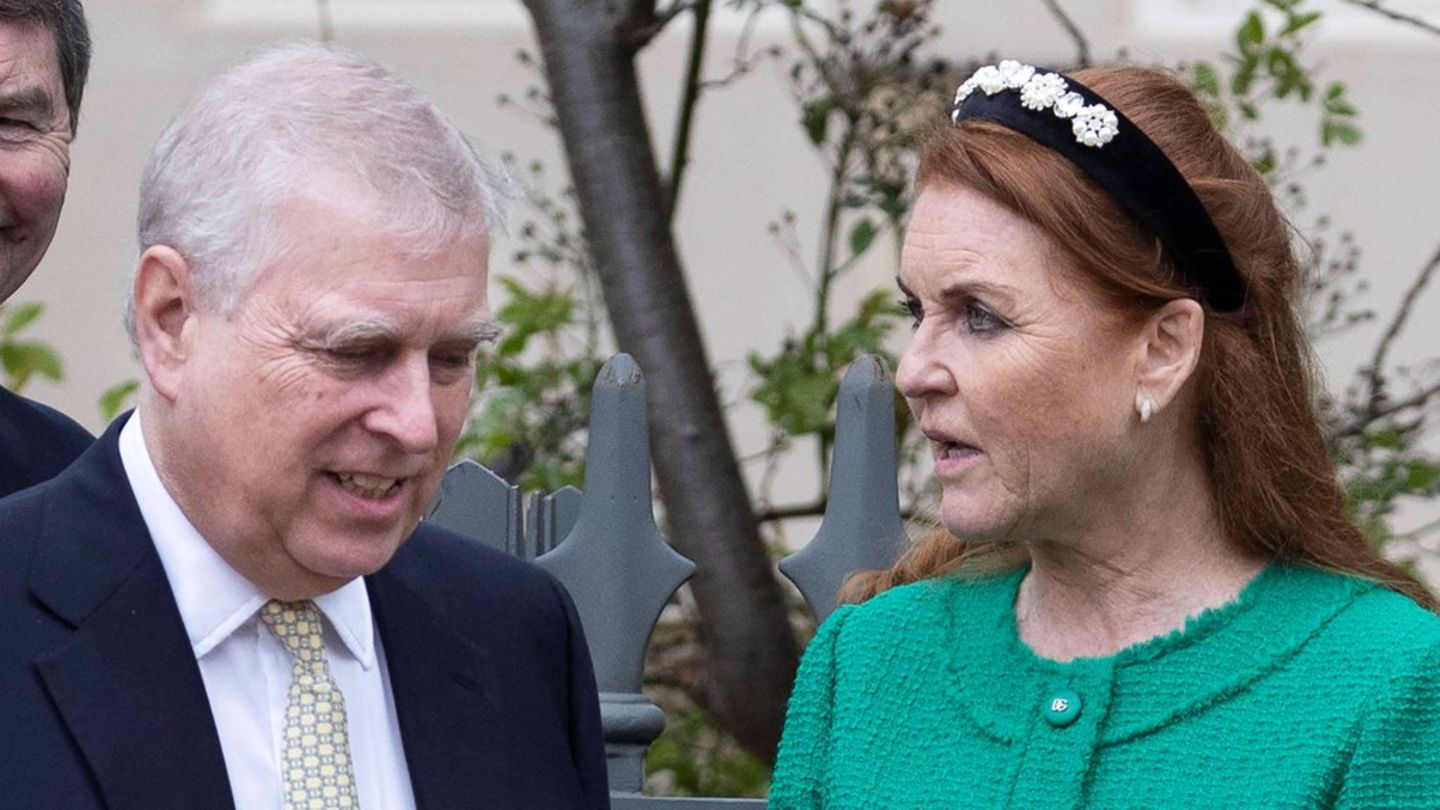The federal and state governments are arguing about the financing of the Deutschlandticket. The focus is on an “obligation to make additional contributions”. Now there are concrete figures for the first time – including how expensive the ticket could be.
The price for the Germany ticket, currently 49 euros per month, could increase significantly next year. The reason is an unresolved financial dispute between the federal and state governments.
According to a forecast by the transport industry, tickets for nationwide local and regional transport will be significantly more expensive for the federal and state governments next year. NRW Transport Minister Oliver Krischer (Greens), as chairman of the Transport Ministers’ Conference, warned of a price increase on Tuesday. He called on the federal government to “promptly” commit to continuing the ticket in the next few years.
The Association of German Transport Companies (VDV) predicts an increase in demand for the ticket by over one billion euros more to a total of 4.09 billion by 2024. This emerges from a VDV paper for a federal and state working group. The association cites an increase in ticket prices and an expansion in the number of users as potential measures to reduce the higher subsidy requirement.
The VDV warns in the paper that the ticket will be canceled. Without “sufficient budgetary provisions or an obligation to make additional contributions,” it would not be possible for companies to continue issuing and recognizing the ticket.
Dispute between the federal and state governments
The numbers are likely to fuel the financial dispute between the federal and state governments. Since May 1st, the ticket can be used for buses and trains for 49 euros per month – as a digitally bookable, monthly-cancelable subscription throughout Germany. The federal and state governments each bear half of the associated losses in the industry. The federal government will provide 1.5 billion euros from 2023 to 2025. The countries contribute just as much.
Any additional costs beyond the three billion euros should also be shared in half in the first year. However, this “obligation to make additional contributions” is open from 2024 onwards – that is what the dispute between the federal and state governments is about. Federal Transport Minister Volker Wissing (FDP) rejects the federal government’s higher cost share and points to the states’ responsibility for regional transport.
According to the VDV paper, sales figures for the ticket are in “ramp-up” across all associations and companies. The association assumes there will be around 13 million regular users for a full year after its introduction – i.e. at the end of April 2024. Most recently there were around 10 million, after initially more than 11 million subscriptions were sold. The monthly termination option is being used more intensively than expected. This creates more planning uncertainty for transport companies. Overall, the price reduction in local public transport through the Deutschlandticket leads to “noticeable reductions in revenue” nationwide.
VDV Managing Director Oliver Wolff demanded that the federal and state governments present a solution for covering the costs by the end of September. “If such a decision is not made, the transport companies and associations will not be able to present reliable planning for 2024. This leads to considerable risks that politicians must also take seriously.”
Switching leads to higher costs
According to the VDV forecast, given the shortened period of validity from May to December, there will be a need for subsidies of around 2.3 billion euros for 2023 – so the money promised by the federal and state governments is sufficient. Of the 4.09 billion in subsidies required next year, 3 billion have been firmly committed by the federal and state governments.
The VDV cites the increasing number of passengers switching from other tickets to the Deutschlandticket as the core driver for the higher demand. However, this means that income from previous subscriptions and the sale of single tickets or monthly tickets decreases. This cannot be offset by the income from the Deutschlandticket.
Is there a risk of a price increase?
In the present scenario, the VDV estimates a price increase for the Germany ticket to 59 euros per month. There would be lower sales figures, but higher income. Depending on when the price increase starts, the need for subsidies from the federal and state governments would decrease – although the extent of a negative customer reaction to a price increase cannot be estimated with certainty.
NRW Transport Minister Krischer said: “The people in the state need reliability. With the Deutschlandticket we have established a simple, inexpensive and widely used tariff system. The introductory price of 49 euros must remain the same next year.” The federal government must fulfill its “obligation to make additional contributions”.
Baden-Württemberg’s department head Winfried Herrmann (Greens) warned: “If the costs of the Germany Ticket exceed the planned compensation amount of three billion euros, the federal and state governments must cover the additional costs equally, otherwise the successful D-Ticket will soon become an expensive flop.”
Bavaria’s Transport Minister Christian Bernreiter (CSU) said that the financial resources for the Deutschlandticket had always been too limited. The necessary expansion of offerings was not taken into account. “Now we have to negotiate with the federal government again about more money, which we actually urgently need to maintain and expand the infrastructure.” If there is no adequate financing, buses and trains would have to be canceled in return for financing, so that the timetable would deteriorate.
FDP parliamentary group vice-president Carina Konrad sees the states as having a duty: they must break up collective bargaining and association structures in the long term and make them more efficient. “Only then can the price of 49 euros, which is attractive and affordable for citizens, be maintained,” said Konrad. The left-wing Bundestag member Victor Perli said: “Increasing the price would be a debacle for the millions of people who can barely afford the 49 euro ticket or cannot afford it at all.”
Source: Stern




